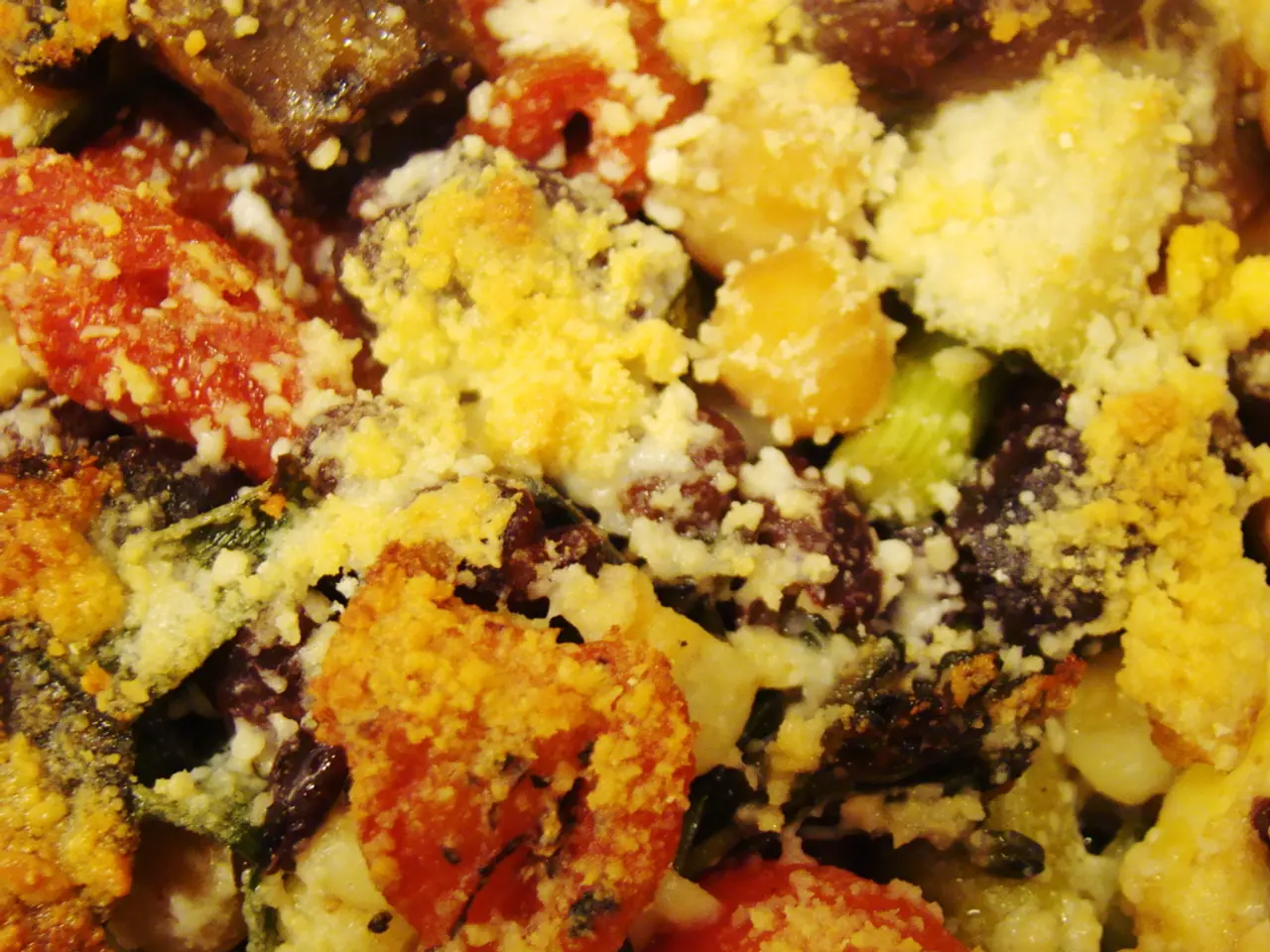Gardens and Food Safety: Understanding the Essentials
In the ever-growing world of gardening, the importance of food safety cannot be overemphasized. Here are some key practices to reduce the risk of foodborne illnesses when growing fruits and vegetables in a home, school, or community garden.
Firstly, maintaining good hygiene is paramount. Before harvesting, ensure your hands and tools are clean to prevent introducing pathogens into the garden produce.
When it comes to irrigation, city water, which is treated to meet state and federal drinking water standards, is recommended. Drip irrigation or soaker hoses are the preferred method to reduce the risk of contamination with pathogens in the water.
Practicing organic and pest management techniques such as companion planting and mulching can help reduce plant stress and disease, thereby minimizing bacterial contamination. It's also essential to avoid overcrowding plants and maintain good airflow to reduce humidity and bacterial growth conditions.
Harvesting produce when dry and handling it carefully using clean gloves or washed hands is crucial. Avoid mixing freshly picked items with bruised or older produce to prevent cross-contamination.
Proper washing of produce just before eating or cooking is vital. Rinse soft-skinned fruits gently under running water, scrub firm produce with a clean brush, dry with a clean towel, and do not use soap, bleach, or detergents. Avoid soaking or submerging produce to prevent contamination.
Storing produce at appropriate temperatures and avoiding sealing in non-breathable bags can discourage bacterial growth. Monitor and discard damaged, bruised, or rotten produce to prevent pathogen growth such as Listeria or Clostridium botulinum.
Separating raw from ready-to-eat foods during any food preparation and storage can prevent cross-contamination.
Location is another crucial factor. Select a garden site that is not in close proximity to a sewage system, animal-based compost piles, or farm animals. Collecting rainwater can contain pathogens and harmful metals from the roof or gutters, so treating it before applying it to the garden is recommended.
Domestic pets, stray animals, and wildlife droppings carry a number of foodborne pathogens and are a source of produce contamination. Soil amendments containing any animal components, such as manure, meat, egg shells, or bones, are not recommended for gardens as they may contain foodborne pathogens.
Always wash your hands before entering the garden or harvesting; after handling compost, plant debris or garbage; after touching a pet or farm animal; and after using the toilet.
Planting on level ground to prevent standing water is recommended. Surfaces can be cleaned with soap and water and sanitized with a dilute solution of bleach (1 Tablespoon per gallon of water).
By following these practices, we can contribute to safer fruit and vegetable production in gardens and help minimize foodborne illness risks from garden-grown produce. For more information on water testing, visit our website/factsheet/AEX-315.
References:
[1] Food Safety in School and Community Gardens (Cooperative Extension, North Carolina State University, Raleigh, NC) [2] Blog: Soil testing for Ohio lawns, landscapes, fruit crops, and vegetable gardens (our website/factsheet/hyg-1132) [3] Blog: Where to have your water tested (our website/factsheet/AEX-315) [4] [5] Various sources on food safety and gardening practices.
- In addition to gardening, agriculture also plays a significant role in food safety, especially with the cultivation of various crops.
- Nutrition is intimately connected with food safety, as proper gardening practices lead to healthier produce and consumption.
- Horticulture, a field of science that includes gardening, is crucial for maintaining optimum soil health, which affects the growth of crops and natural resources.
- Health-and-wellness, lifestyle, and food-and-drink sectors can benefit from the safe and nutritious food supplied by gardening and agriculture, contributing to a population's overall well-being.
- By adhering to wise gardening practices such as good hygiene, proper irrigation, and smart pest management, we can significantly reduce the risk of foodborne illnesses and promote food safety.
- It's vital to remember that, in the larger scheme of things, food safety serves as the foundational pillar for a sustainable, healthy, and safe lifestyle.




